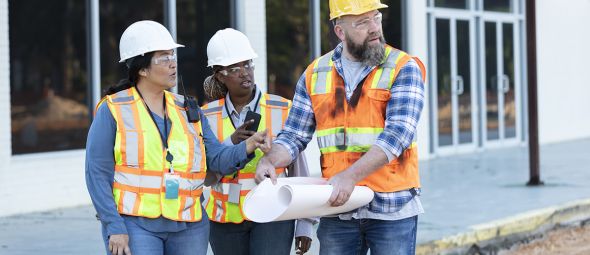Overview
Unions, collective bargaining, and other forms of advocacy have resulted in better wages, benefits, and working conditions for workers. Organized labor, however, is at a crossroads, as union membership has declined. As unions evolve to meet the needs of a globalized, 21st-century workforce, nonunion forms of worker organizing, sectoral bargaining, and worker representation on corporate boards have emerged as new forms of worker voice and representation.
Working Knowledge
WorkRise Shorts: Charting Workers’ Experiences with Fair Workweek Laws in Three US Cities with Susan Lambert
Are new fair workweek laws in Chicago, New York City, and Seattle helping workers get predictable flexible work schedules from their…

Young Workers Need Support When They Can't Find Their Footing in the US Workforce

The Consequences of Signing Noncompete Agreements among Low-Wage Workers and Those without College Degrees

The Racial Wealth Gap Is Smaller among Union Members
Research
Worker Voice, Representation, and Power
In this brief, we provide a summary of the research framework that informs WorkRise’s thinking about the importance of worker voice and power for low-wage workers’ labor market mobility. We then offer a series of specific priority areas for future…
WorkRise Research
A Workplace Divided: Survey Research and Stakeholder Engagement to Advance Equitable Workplaces
Grantee Research
Nailing New Labor Models: Exploring Sectoral Bargaining and High-Road Training Partnerships in the Nail Salon Sector
Grantee Research
Worker Power and Economic Mobility: A Landscape Report
WorkRise Research
U.S. Workers’ Organizing Efforts and Collective Actions: A Review of the Current Landscape
Grantee Research
Upcoming Events
Aug
19
Jobs for the Future